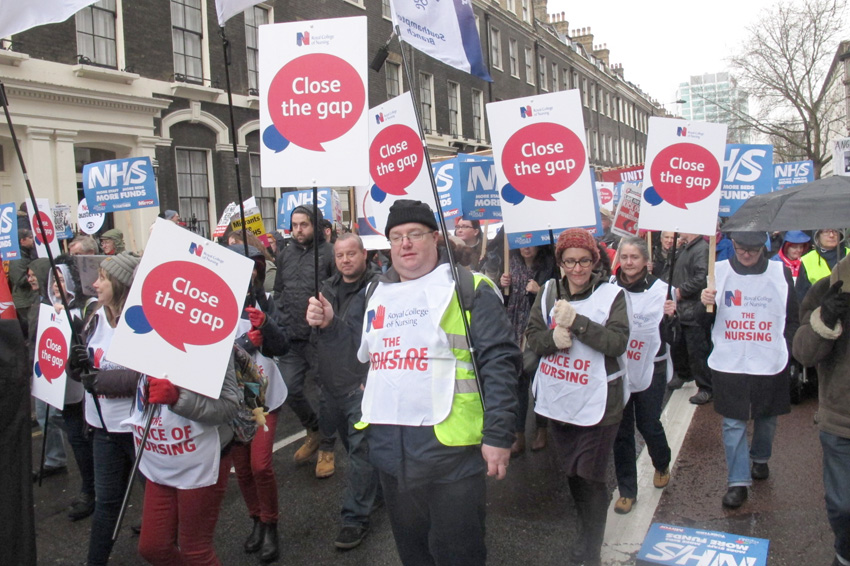THE BMA doctors trade union has responded to data on NHS vacancies, GP workforce and GP appointments.
Responding to the latest quarterly NHS vacancy data, published today, BMA council chair Dr Chaand Nagpaul said:
‘Despite promises to fix the workforce crisis in the NHS, there are still almost 10,000 medical vacancies and these figures confirm this is a far cry from the full complement of staff that is so desperately required to deliver the care patients need.
‘Significant holes in the workforce across areas such as acute medicine and mental health care, particularly in some parts of the country, means that staff are being pushed, often at a detriment to their own health, to make up these shortfalls. This is not fair for staff and not fair for patients.
‘The UK falls well below comparable high-income countries in terms of the number of doctors per population – we do not have to accept this as the norm.
‘The government must do all it can to both retain doctors, including addressing the pension crisis, and ramp up its recruitment efforts by investing in the NHS to make it an attractive career option for doctors and staff from the UK, the EU and internationally.’
Other figures released today look at GP workforce and GP appointment data. Responding, Dr Richard Vautrey, BMA GP committee chair said:
‘Last month saw practices delivering the highest number of appointments since this data was recorded, with GPs and their teams seeing on average around a million patients a day in England.
‘Ahead of what is traditionally the busiest time of year for the NHS as a whole, general practice looks set for an unprecedented winter in terms of demand.
‘The highest number of patients are seen on the day they book their appointment – this speaks volumes to the diligence and commitment of GPs and colleagues in the wider healthcare team.
‘Many patients are seen within the following days, and while longer waits are often due to proper planning for long-term care, practices share the frustration of patients when they are unable to always offer appointments sooner.
‘This comes on the backdrop of falling GP numbers and the long-term picture is damning, with hundreds fewer full-time equivalent, fully-qualified family doctors than we had this time last year.
GP partner numbers are falling at an even faster rate, owing to the additional stresses of owning and running practices.
‘Recent weeks have seen pledges from politicians about increasing GP numbers, but given that we’ve lost 1,000 GPs since we were promised 5,000 more back in 2015, much more needs to be done to make this happen.
‘Unless we stop talented and experienced family doctors leaving the profession or reducing their hours, by tackling rising workload, punitive pension regulations and burdensome bureaucracy, we will only see these worrying trends continue and patients will bear the brunt.’
